NCFMR in the News 2019
NCFMR research topics are wide-ranging and diverse. To further our reach, NCFMR Co-Directors, NCFMR/BGSU Research Affiliates, students, and staff participate in conferences, workshops, and seminars across the country, sharing policy-relevant research on American families with practitioners, fellow researchers, and policy makers. Disseminated as working papers, publications, data resources, and presentations, our research often garners national attention.
2019
Standard of living plunges for gray divorced women

BGSU colleagues I-Fen Lin, Anna Hammersmith, and Susan Brown conduct a major longitudinal survey on 20,000 Americans born before 1960. They found women who divorce after age 50 see their standard of living plunge by 45 percent – double the decline for younger divorced women.
Karen Guzzo coauthors Washington Post op-ed on declining fertility rates
Many men and women want children, but also have a preferred context for having children — they want to have completed education, established economic security and formed a stable partnership.

Karen Guzzo addresses results of NCHS data on nonmarital births across the U.S.

When states do not have great economies, people don’t get married but they also don’t see a lot of reason to hold off on having kids,” Guzzo said. “In places where things look pretty bleak, people tend to think, ‘Well, at least I can have kids.’ They’re not waiting for the mythical finish college, get my degree, get a great job, get a great house; those things materialize less often. So there’s less reason to hold off.
Blended families on the rise
CNBC recently reported on the rise of blended families, citing research by former Graduate Research Assistant Dr. Bart Stykes (Sam Houston State University) and Professor Karen Guzzo.
Even more staggering, 63% of women who remarry come into blended families, with half of those involving stepchildren who live with the new couple...
Marital longevity in the U.S.
While the average marriage lasts almost nine years, one might find it surprising that 7% of marriages mark 50 years.
Distinguished Professor Susan Brown on gray divorce in Barron's
About 1% of married Americans over age 50 get divorced each year, says Susan Brown, a sociology professor at Bowling Green State University who has published research on divorce. “The picture is pretty grim,” Dr. Brown says.

Wendy Manning speaks with WSJ on young adult relationships

“It’s not that they’re not having relationships—they are—but they’re waiting until they’ve completed their education and are financially set before getting married. Divorce looms very large for many young adults. When I ask partners who cohabit why they don’t get married, they’ll often say that it’s so they won’t get divorced.”
---Wendy D. Manning
News out of BGSU's NCFMR found stark generational differences in divorce rates
Karen Guzzo addresses financial strain of having a child
7 Reasons Not to Get Married, According to Science
Coming in at #6 is on the countdown...
"There's a fear of divorce or a specter of divorce looming large in people's minds," Wendy Manning tells the Wall Street Journal.
More Older Couples Stay Together Because They Live Apart
In a survey of 2,166 adults ages 50 to 65, nearly one-third of those in an unmarried relationship were in a committed long-term relationship but living apart—an arrangement academics often call “living apart together,” Susan Brown told "The Wall Street Journal."


Susan Brown discusses the psychological and financial impact of gray divorce

Divorce over 50. "It's a grim picture," said Susan Brown
According to a study by colleagues I-Fen Lin, Susan L. Brown, Matthew R. Wright, and Anna M. Hammersmith, people who’ve gone through a gray divorce report higher levels of depression than those whose spouses died.
Marital longevity and the divorce rate
Couple who celebrated 74th wedding anniversary often asked questions about the longevity of their marriage.
Local couple celebrates 74th wedding anniversary over candlelit dinner
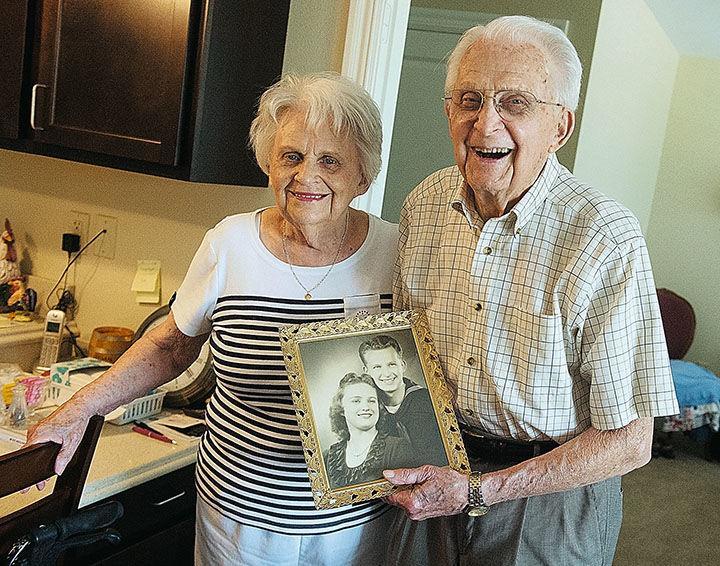
AlJazeera speaks with Wendy Manning about the economic impact of same-gender marriage
WSJ and Wendy Manning discuss 40-year-low divorce rate
Divorces hit a historical high point in 1979, when 22.6 marriages out of every 1,000 broke up, according to researchers at the NCFMR at Bowling Green University. By 2017, the rate had dropped to 16.1 divorces for every 1,000 marriages. That’s a decrease of 29% from the high point and the lowest the divorce rate has been in 40 years.
One cause, researchers believe, is that people are delaying marriage. “There’s a fear of divorce or a specter of divorce looming large in people’s minds,” said Wendy D. Manning, co-director of Bowling Green’s Center for Family and Marriage Research. “They don’t want to make a mistake. They’re waiting longer to get married to divorce-proof their marriage.”
Business Insider reports on ways Millennials are changing marriage

BGSU study published in Journal of Marriage and Family found that living together "has become part of the pathway toward marriage."
What's love got to do with it? Susan Brown finds Millennials prefer money before marriage
"Financial security is a top priority for marital success," explains Susan Brown, chair of sociology at Bowling Green State University and co-director of the National Center for Family & Marriage Research. She sees millennials delaying marriage because they have no desire to put a financial burden on a spouse.
Evidence of how much this matters to young people can be seen in the bios and behavior on most of our dating apps. As Brown puts it: "You need to have all your ducks in a row before you’re viewed as marriage material."

Susan Brown discusses rarity of 75th wedding anniversaries with TRIB Live
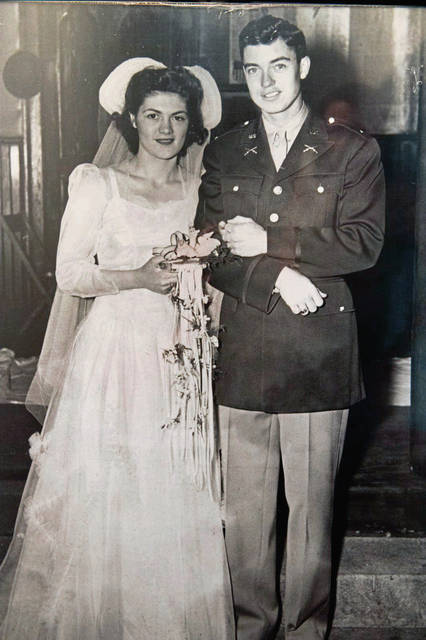
"The average duration of marriage in the United States is 20 years. With the median age of first-time grooms and brides on the rise — from 20 for women and 22 for men in the mid-1950s to 28 for women and 30 for men in 2018, according to center statistics — milestones may become harder to reach simply because of life expectancy..." Even just to get to something like 50 years is an achievement."
Unity couple reaches rare milestone with 75th wedding anniversary
TRIB Live
Karen Guzzo addresses low birth rates for women in their teens and 20s

Americans Are Having Fewer Kids Than Ever Before: Are too many millennials opting out of parenthood?
InStyle
"Young Americans still want to have children, but they don’t feel stable enough to have them yet," said Karen Benjamin Guzzo, who studies families at Bowling Green State University in Ohio.
"The U.S. could do more to encourage childbearing with parental leave, preschool expansion and child care subsidies and other policies aimed at helping young adults struggling with student loan debt and housing costs," Guzzo said.
Wendy Manning finds no evidence that young adults are more likely to be faithful than those in 1980
We’d have to wait until Millennials get older before determining whether they are, truly, the faithful generation.
--Wendy D. Manning

NBC News addresses diversity in nation's households with Susan Brown
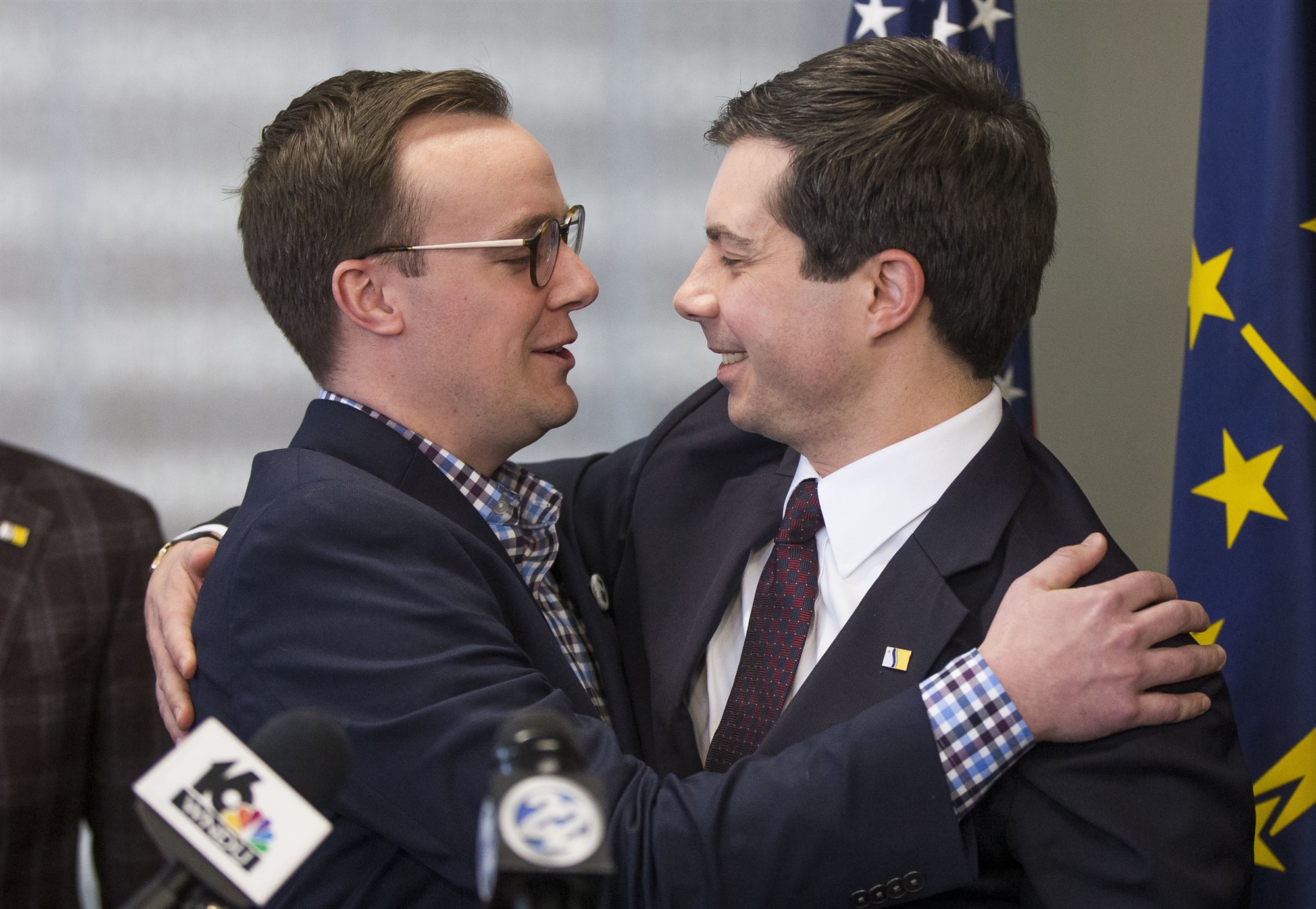
Does teen parenthood lead to social and economic disadvantage?
BGSU Associate Professor and CFDR Associate Director Karen Guzzo speaks with The Atlantic about the multigenerational effects of teen parenthood.
The Consequences of Teen Motherhood Can Last for Generations
The Atlantic
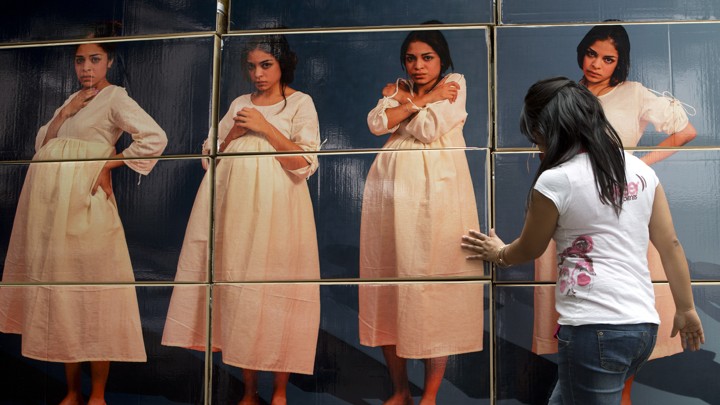
Is the growing number of cohabiting couples behind “post-breakup concierge service?”
Article examines premise of the newly launched “post-breakup concierge service” that handles packing, housing, and self-care needs.
Cohabitation doubled in the last decade. The NCFMR estimates that 66% of couples lived together before getting married, and little more than 50% of first cohabiting couples ever get married. Many Americans live with several different partners before taking the plunge.
This post-breakup concierge service handles all your moving-out needs–and more
Fast Company
Marriage as seen through younger eyes
News and Tribune examines changing status of marriage in America, pointing to research groups such as the NCFMR for data releases on the changes in the institution of marriage over the last 50 years.
7% of U.S. Marriages will pass 50-year mark

Millennial couples buying homes before they get married are making a risky move that shows how different they really are from their parents
Albany Times Union
More millennials are cohabitating before marriage — a sixfold increase from their parents' generation...millennials are also waiting longer to get married.
Getting Married Before Moving In Together? This Is What Could Happen, According To An Expert
The number of women between the ages of 19 and 44 who cohabited with a partner before their first marriage surged by 82% between 1987 and 2010. As for the consequences, the statistics reveal a mixed bag.
ABC News discusses low fertility rates with Karen Guzzo
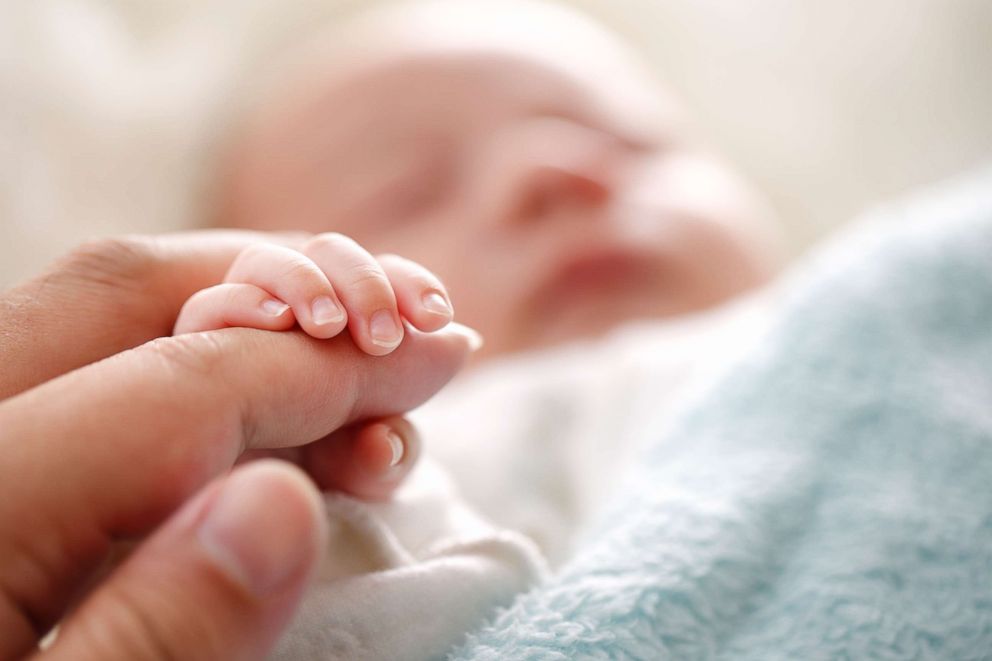
Guzzo said she isn't surprised by this report's numbers, which reflect an overall trend over the past several years. "This is basically a continuation of what we saw last year, and really, the last couple of years," Guzzo said. "What's more surprising is that over the longer term, we kind of expected that after the Great Recession has supposedly disappeared and we are doing much better, fertility rates would start to pick up, and they haven't." She said that the fact that fertility rates haven't recovered offers some insight into how people feel about their current economic situations.
Fertility rate hits 30-year low as Americans aren't having enough babies to replace themselves, new study shows
ABC News
Parents again: the growing number of Americans raising their grandkids
Are older adults experiencing an unprecedented role reversal? The Guardian reports on issues that have driven an increase in grandparent-led families, using data from the NCFMR.

Updated: 12/11/2024 01:57PM




